Teaching Pedagogy
Mechanical Engineering education is designed to provide students with a strong foundation in fundamental concepts, hands-on experience, and industry exposure. The pedagogy incorporates various teaching methodologies to ensure effective learning:
- Lecture-Based Learning
- Conceptual learning through interactive lectures covering thermodynamics, fluid mechanics, machine design, manufacturing processes, etc.
- Multimedia tools, real-world case studies, and problem-solving sessions to enhance understanding.
- Laboratory and Experimental Learning
- Practical exposure through labs for material testing, fluid mechanics, heat transfer, dynamics, and CNC machining.
- Experiments that reinforce theoretical concepts and develop hands-on skills.
- Project-Based and Problem-Based Learning (PBL)
- Encouraging students to work on real-world engineering problems through individual and group projects.
- Design and development of mechanical systems to enhance problem-solving skills.
- Industry-Integrated Learning
- Industrial visits, guest lectures, and live projects in collaboration with industries.
- Exposure to the latest advancements in automation, robotics, and manufacturing.
- Computer-Aided Learning and Simulations
- Training in software like AutoCAD, SolidWorks, CATIA, ANSYS, MATLAB, and CFD for design and analysis.
- Simulating mechanical components and processes to enhance technical understanding.
- Interdisciplinary and Emerging Technology Learning
- Integration of IoT, Artificial Intelligence, and Data Analytics in mechanical systems.
- Exposure to smart manufacturing, Industry 4.0, and sustainable engineering practices.
- Research-Oriented Learning
- Encouragement for innovation, patent filing, and publishing research papers.
- Participation in technical competitions, hackathons, and SAE/Baja events.
- Entrepreneurship and Innovation-Based Learning
- Incubation support for startups and product development in mechanical engineering.
- Encouragement of students to develop their own innovations and business models.
- Sustainable and Ethical Engineering Education
- Focus on environmentally friendly mechanical solutions.
- Emphasis on ethical and responsible engineering practices.





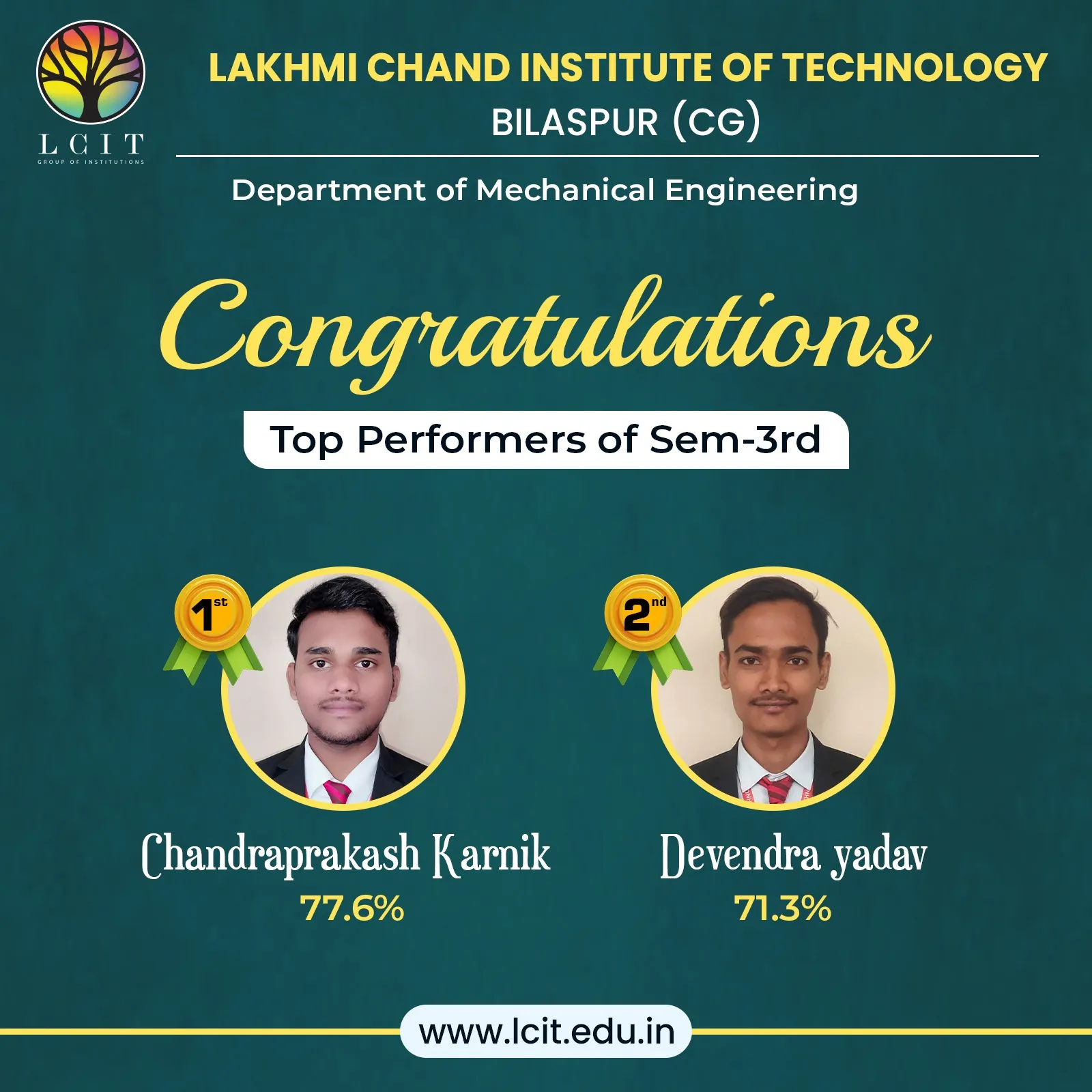
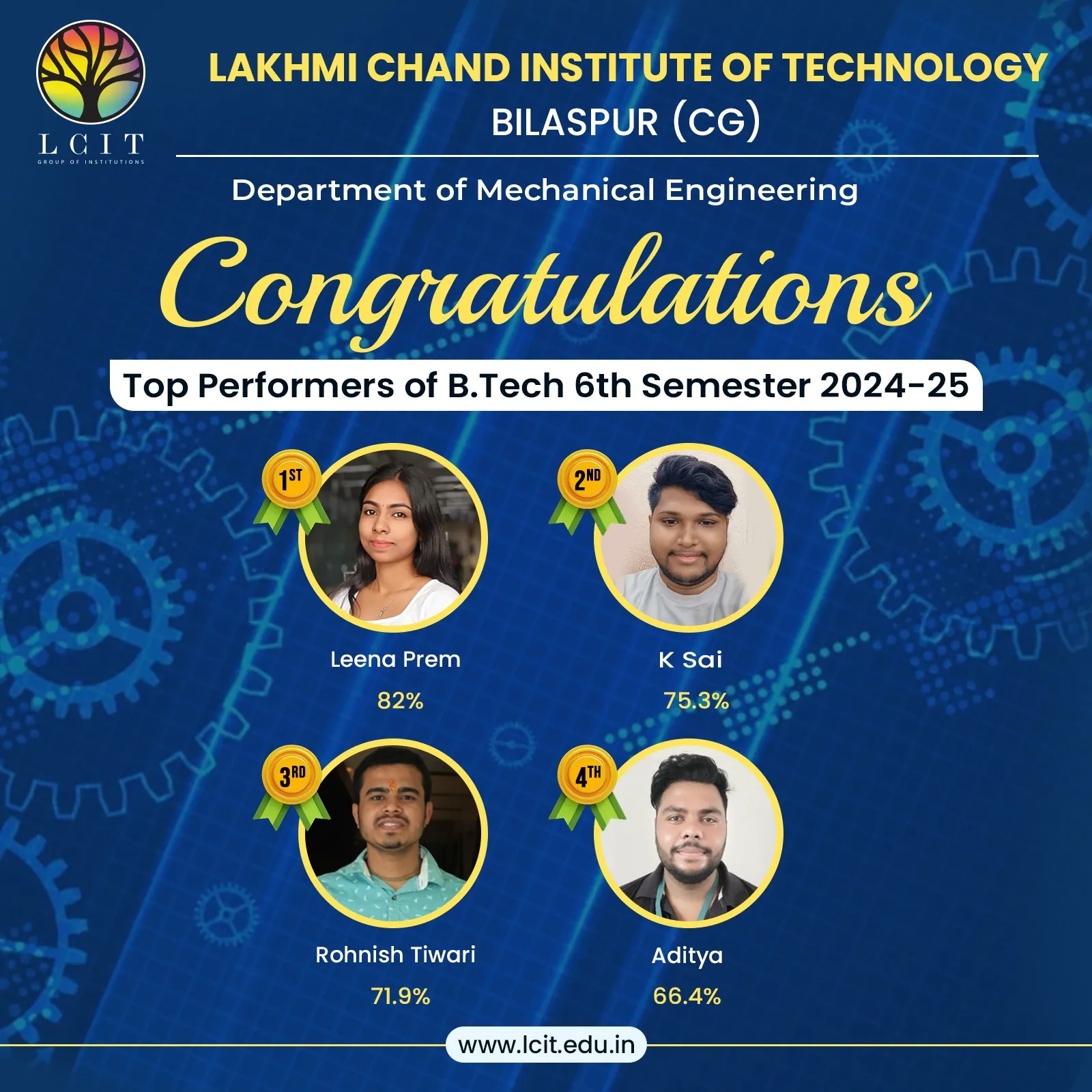
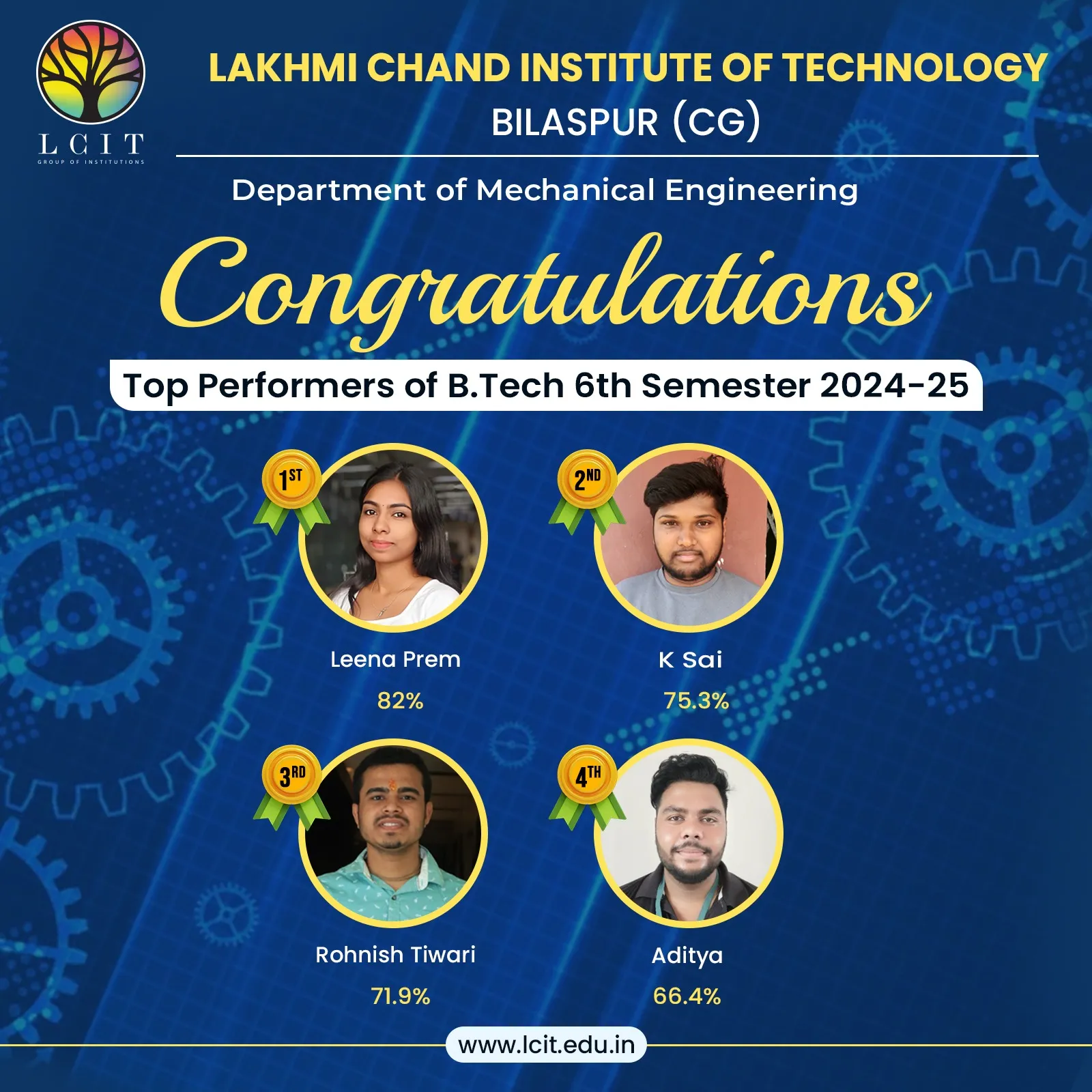
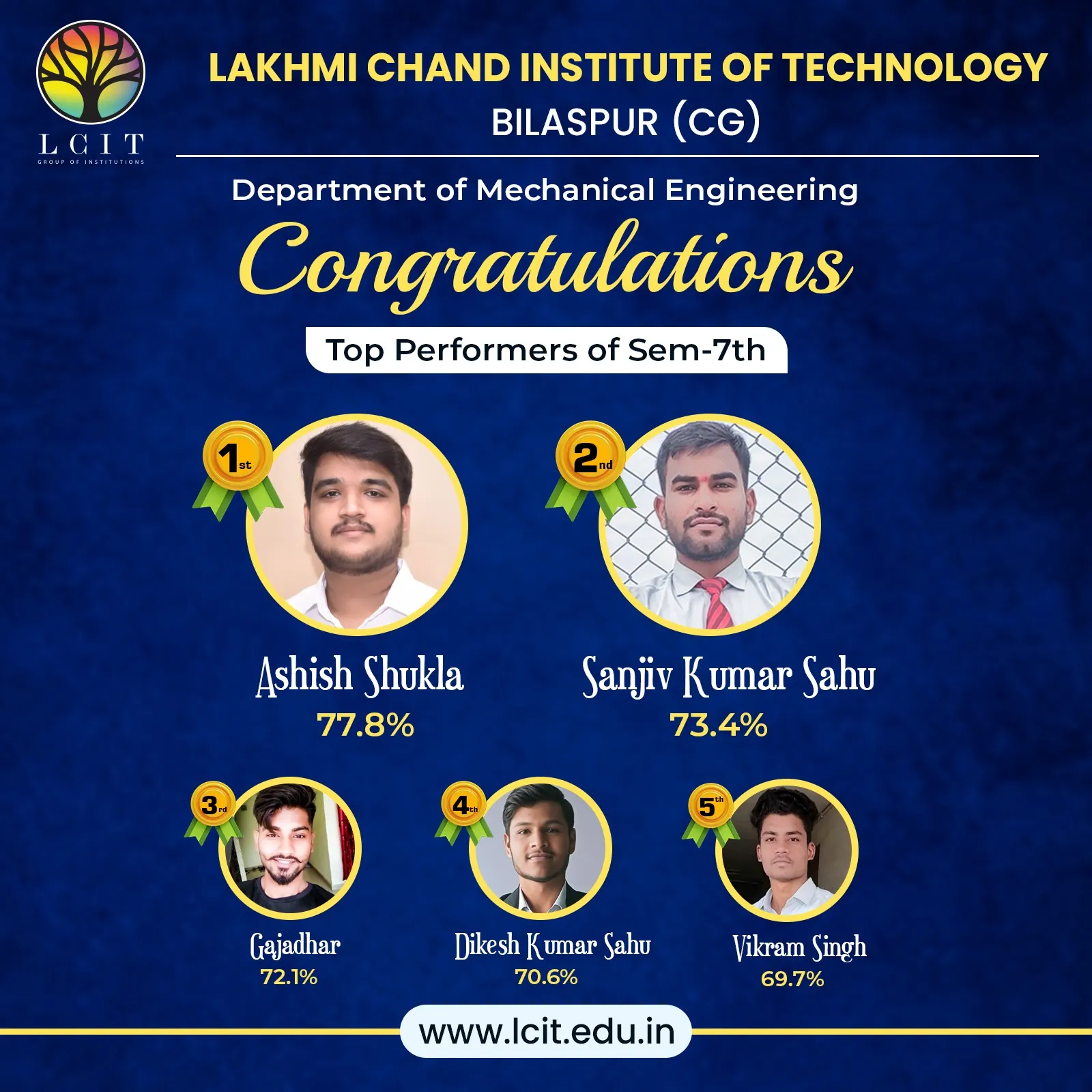
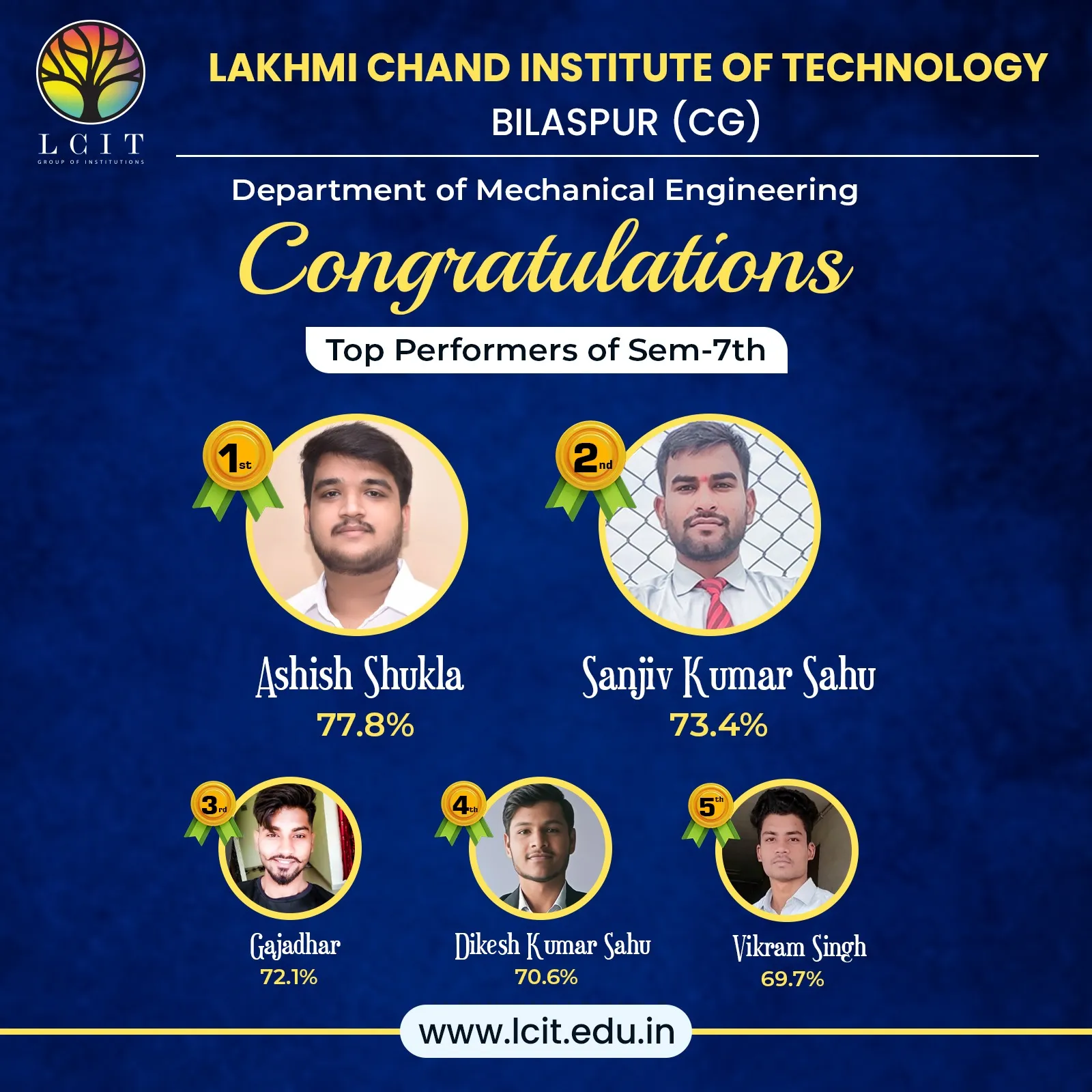

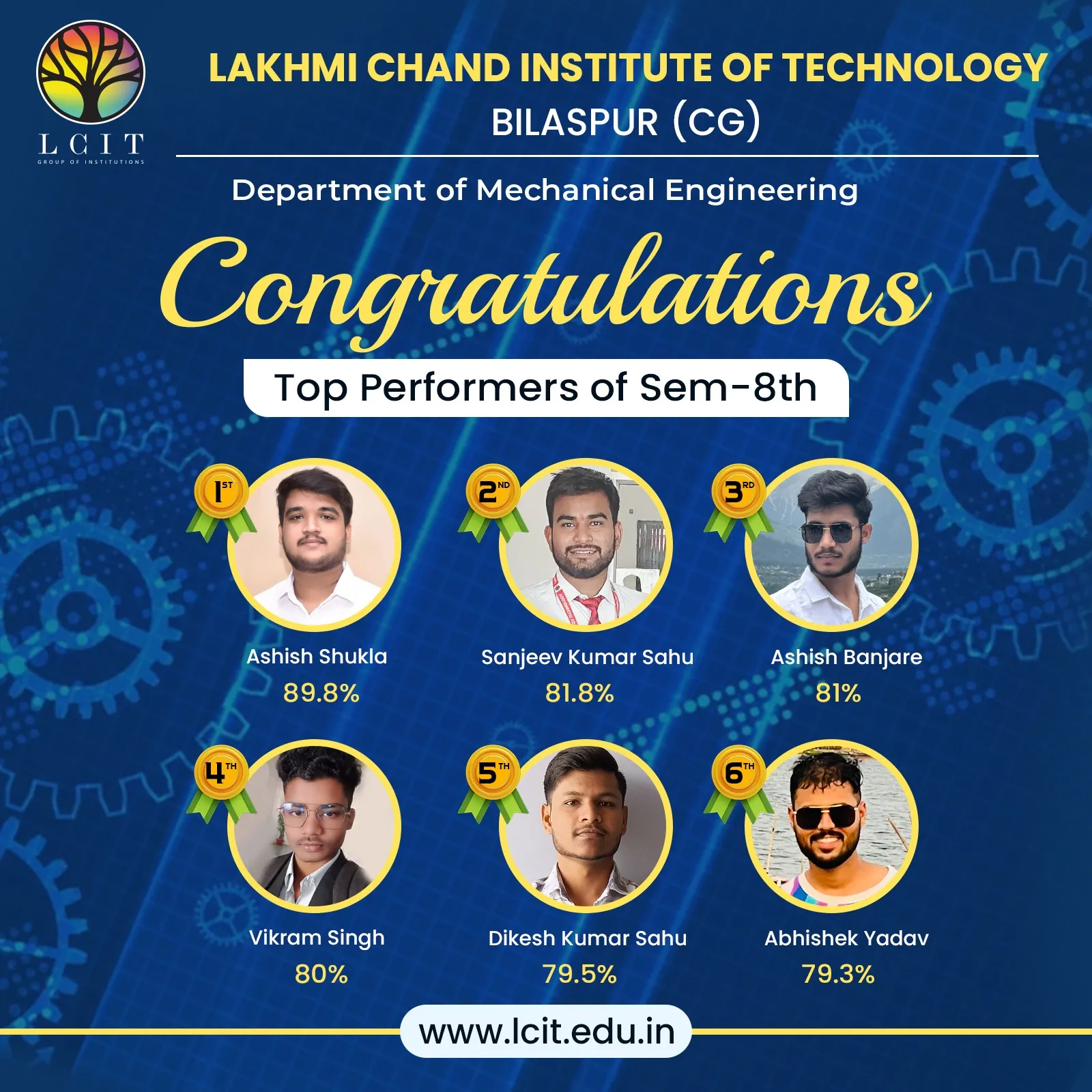
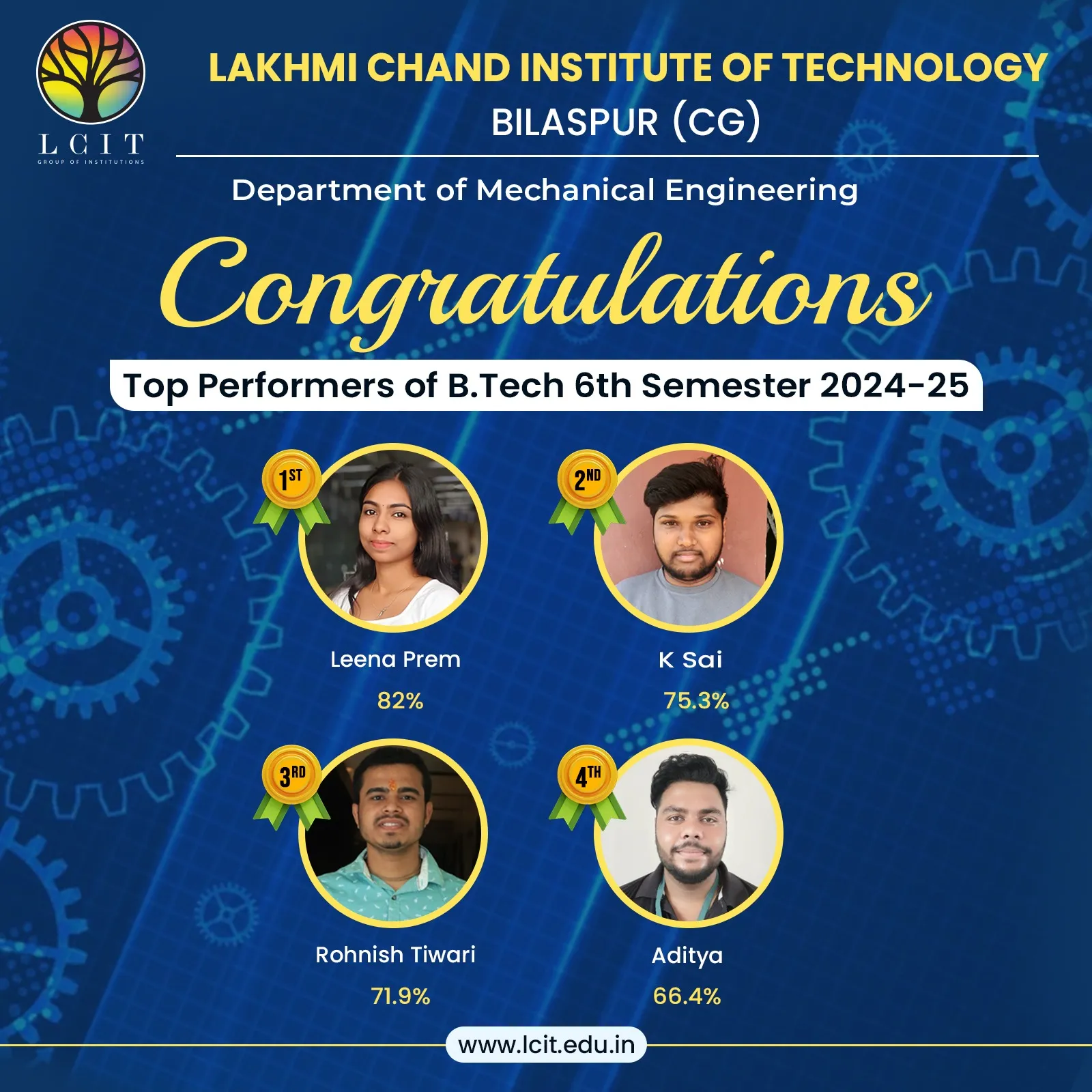




.webp)
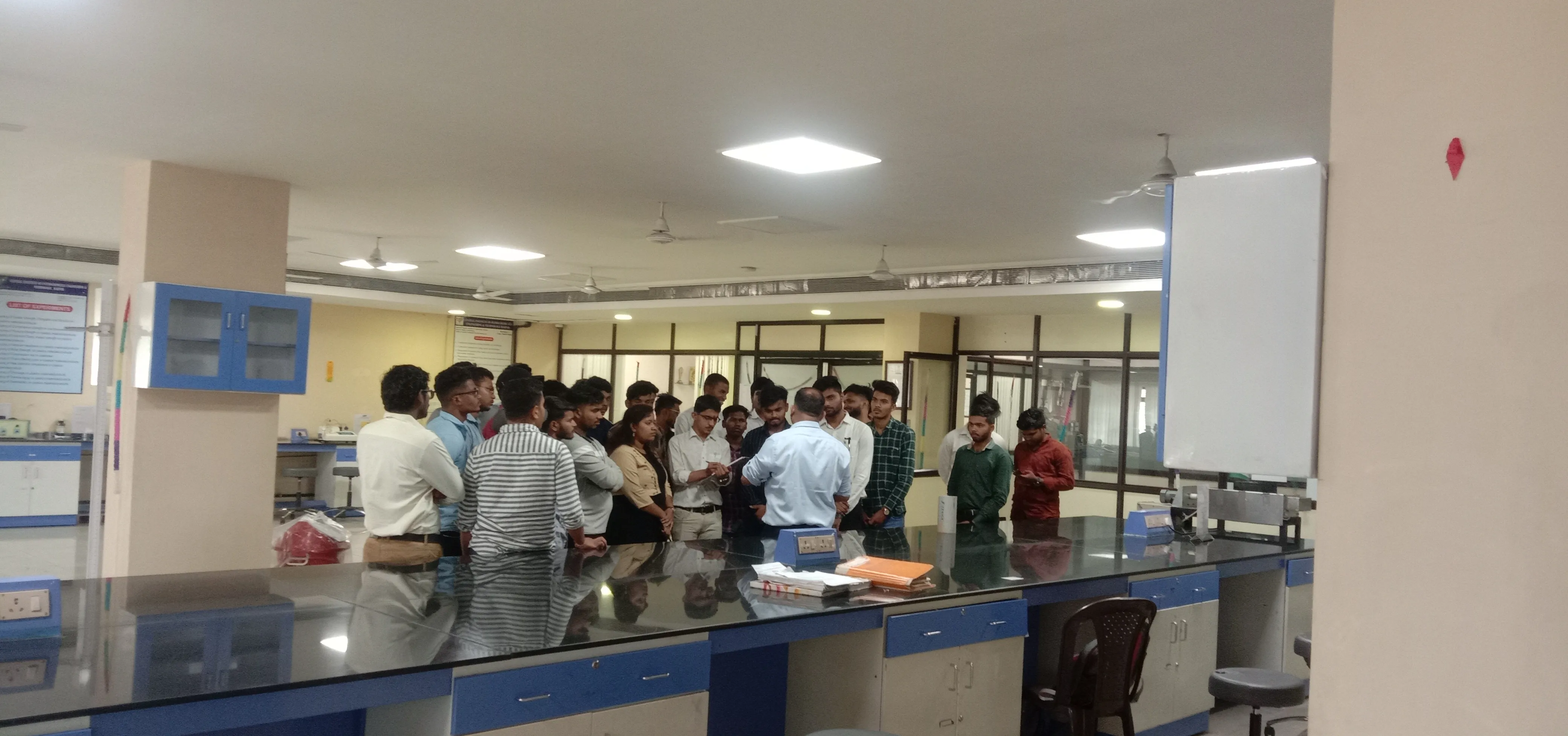
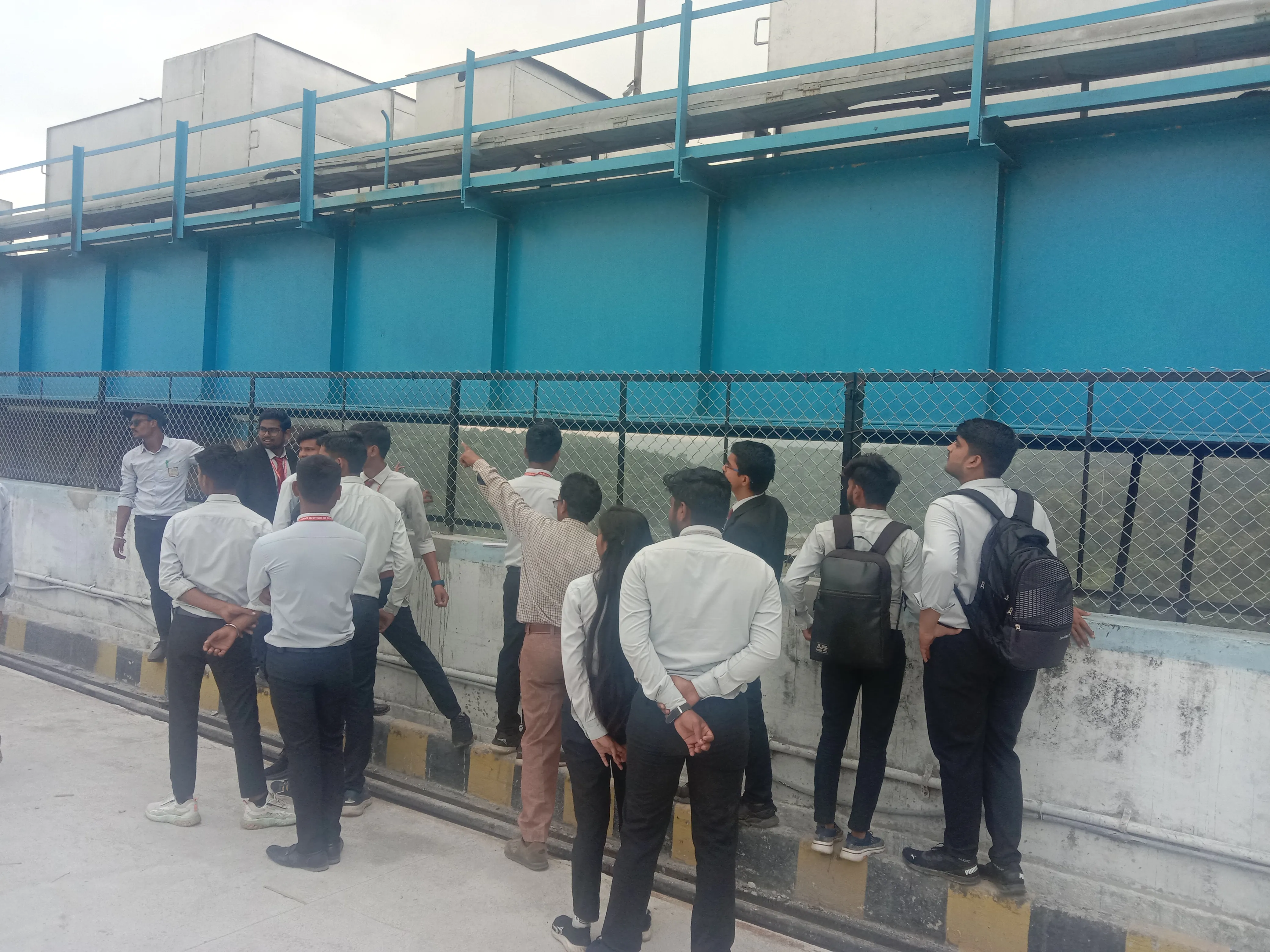
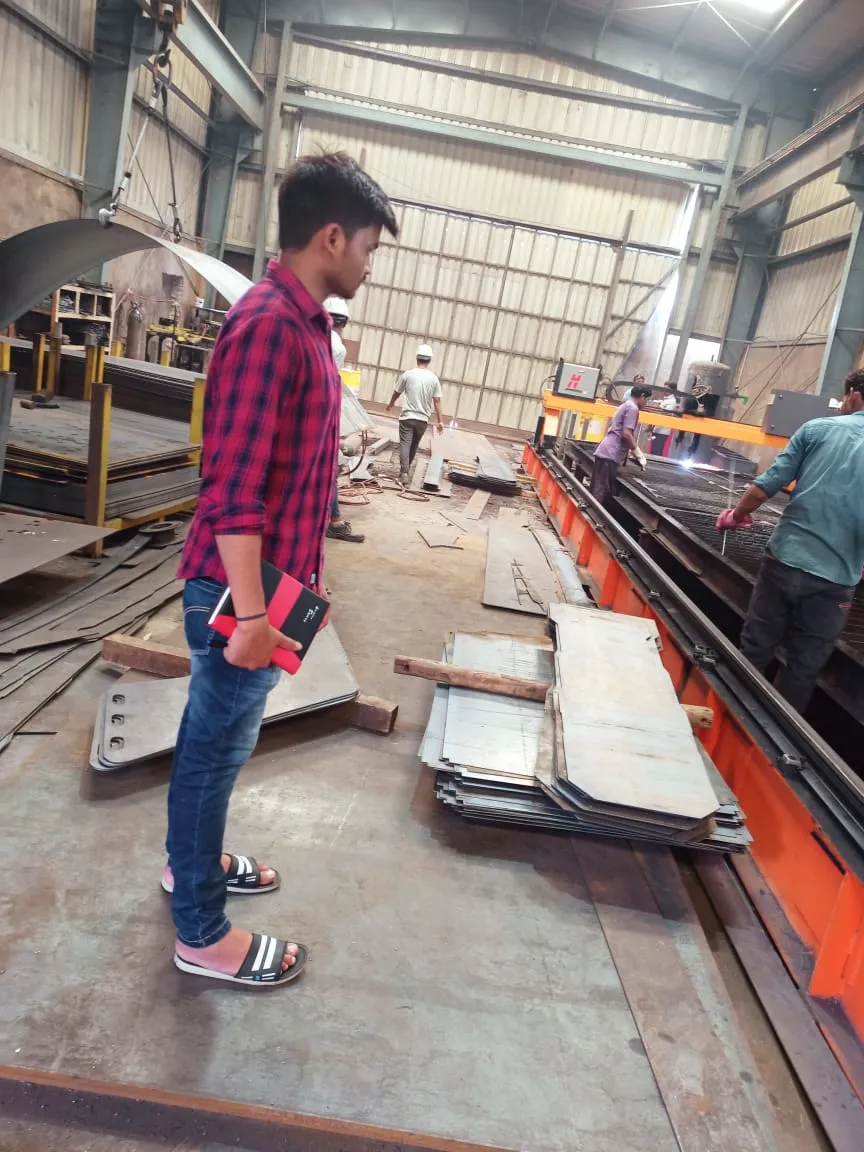
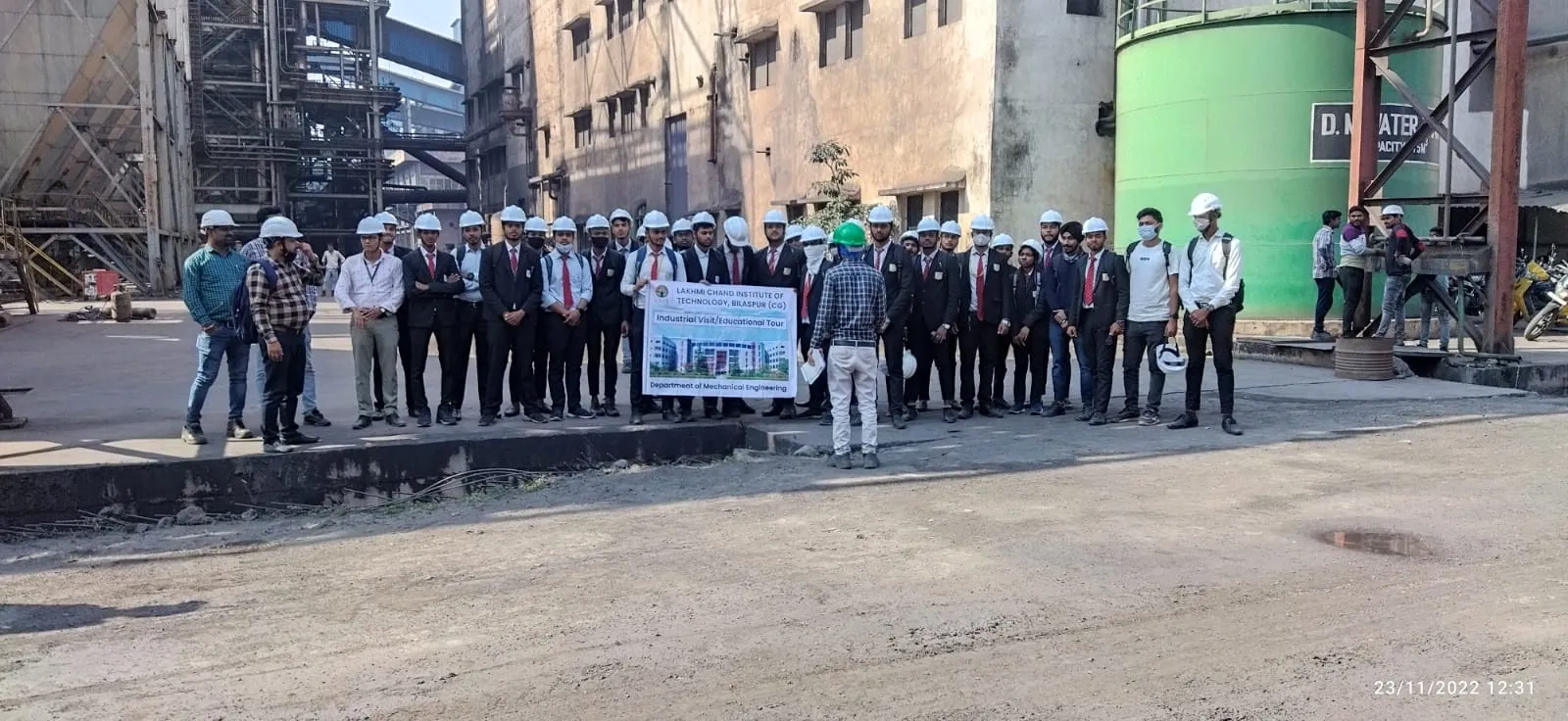
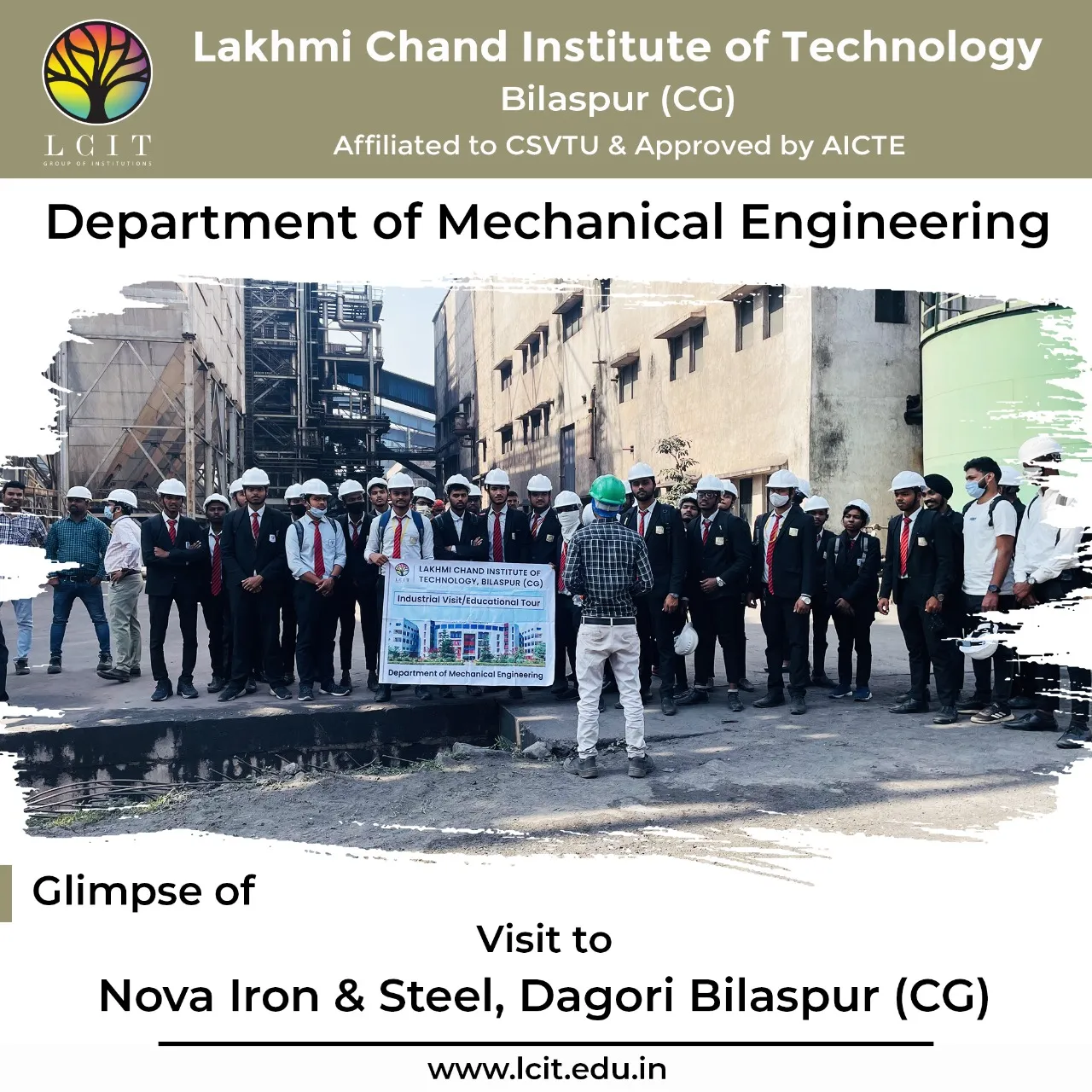

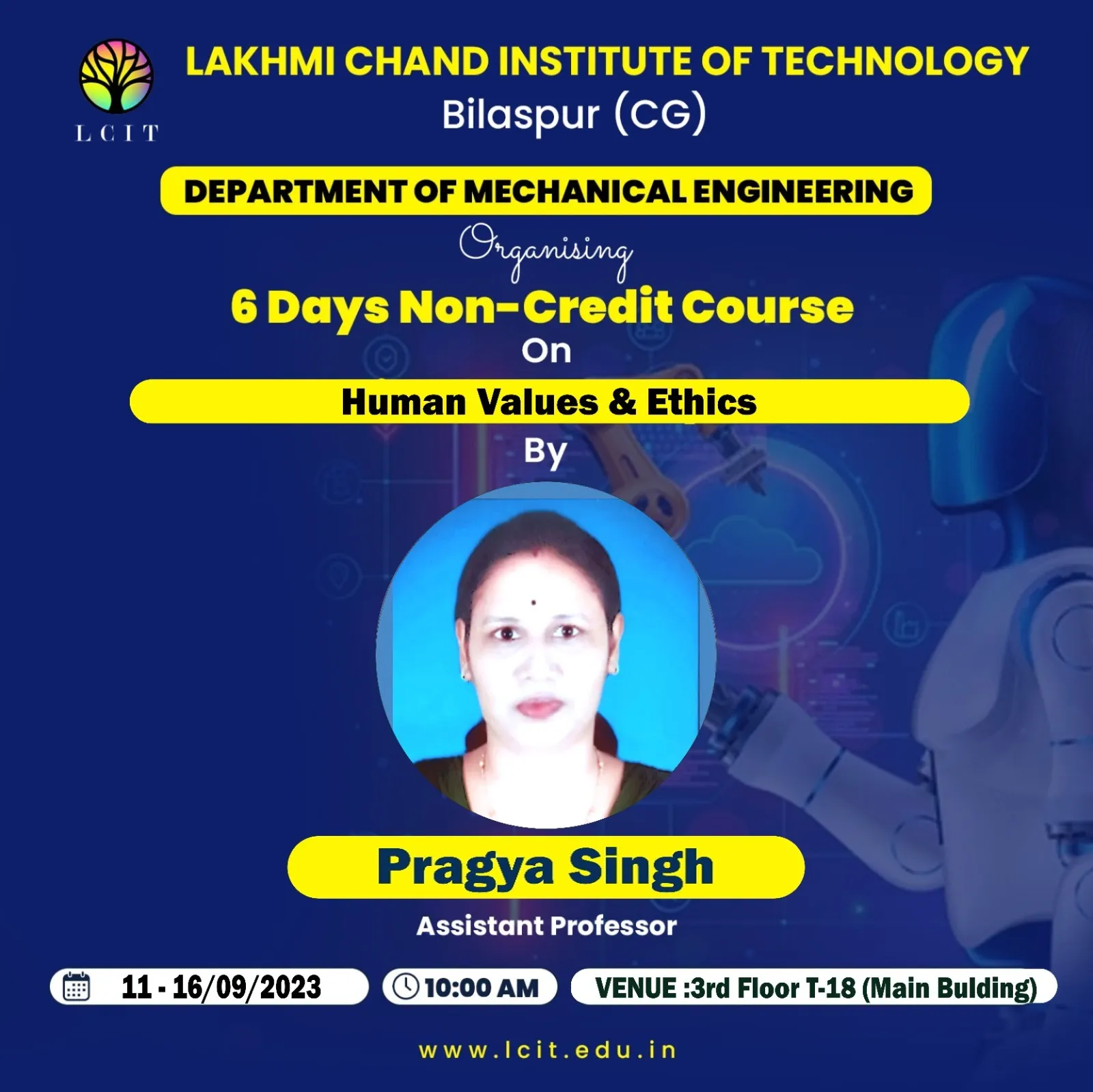
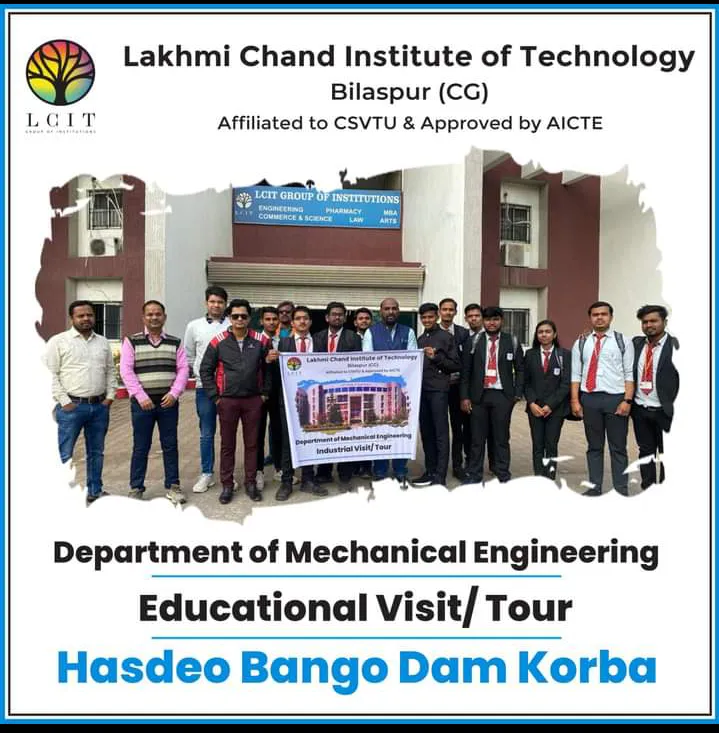
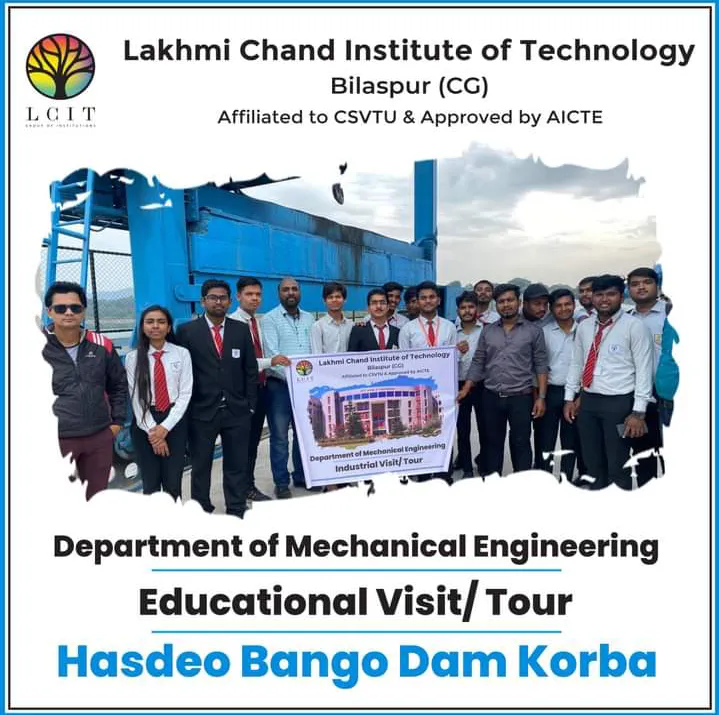
.webp)

.webp)
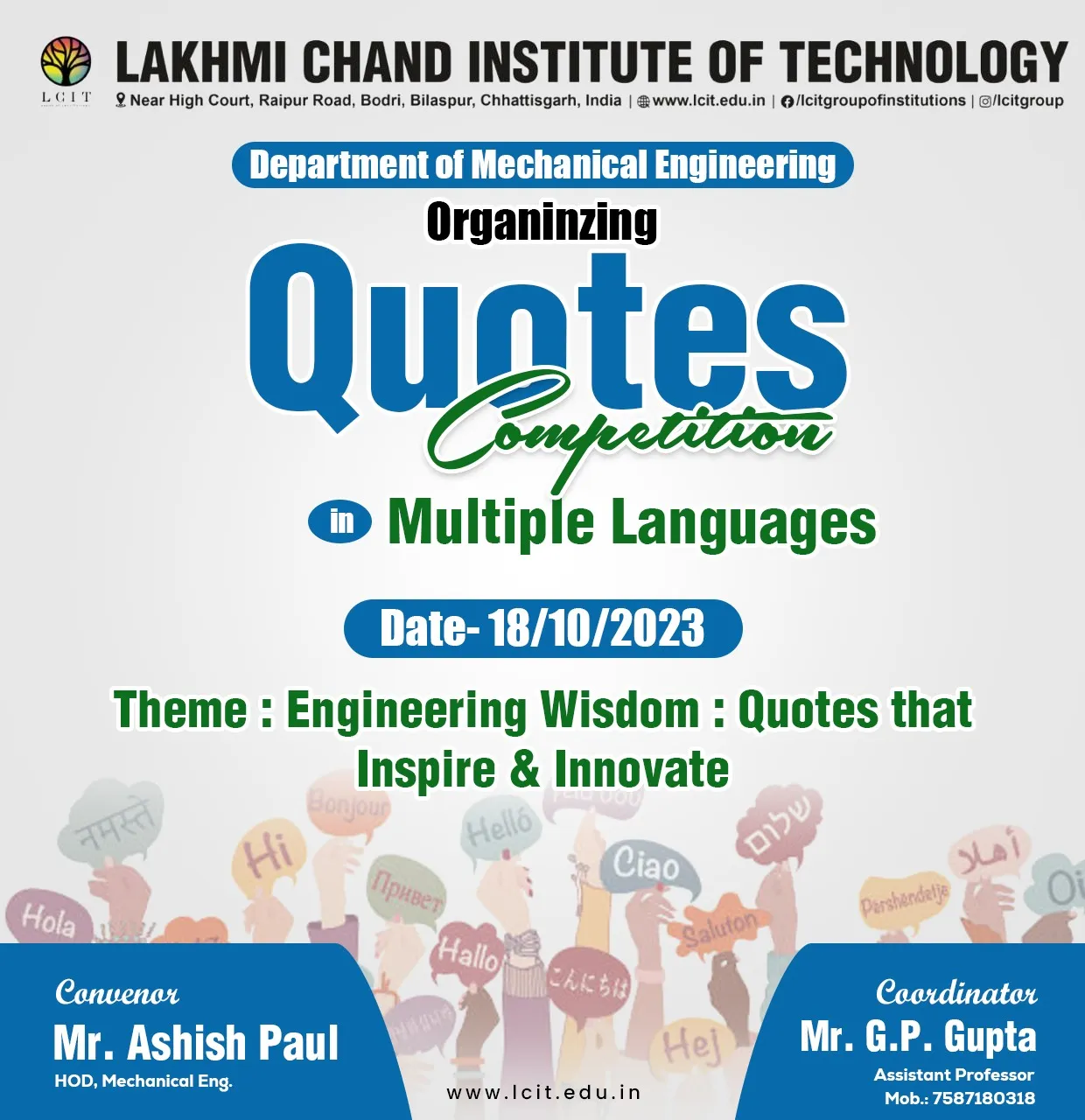
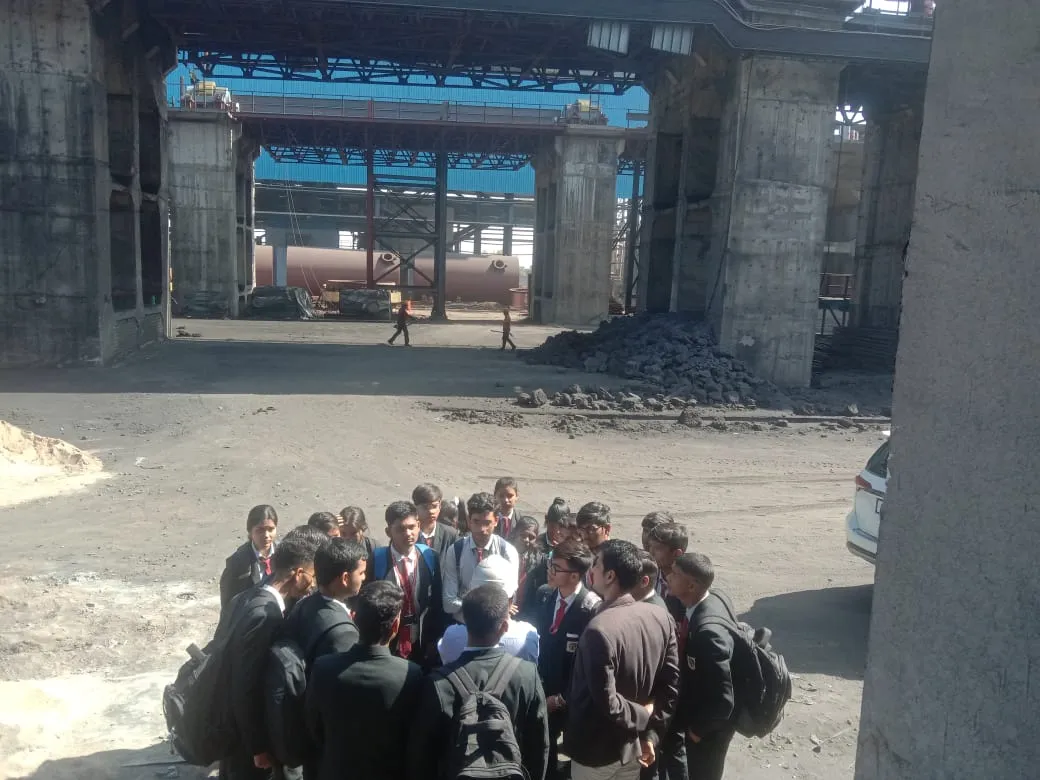
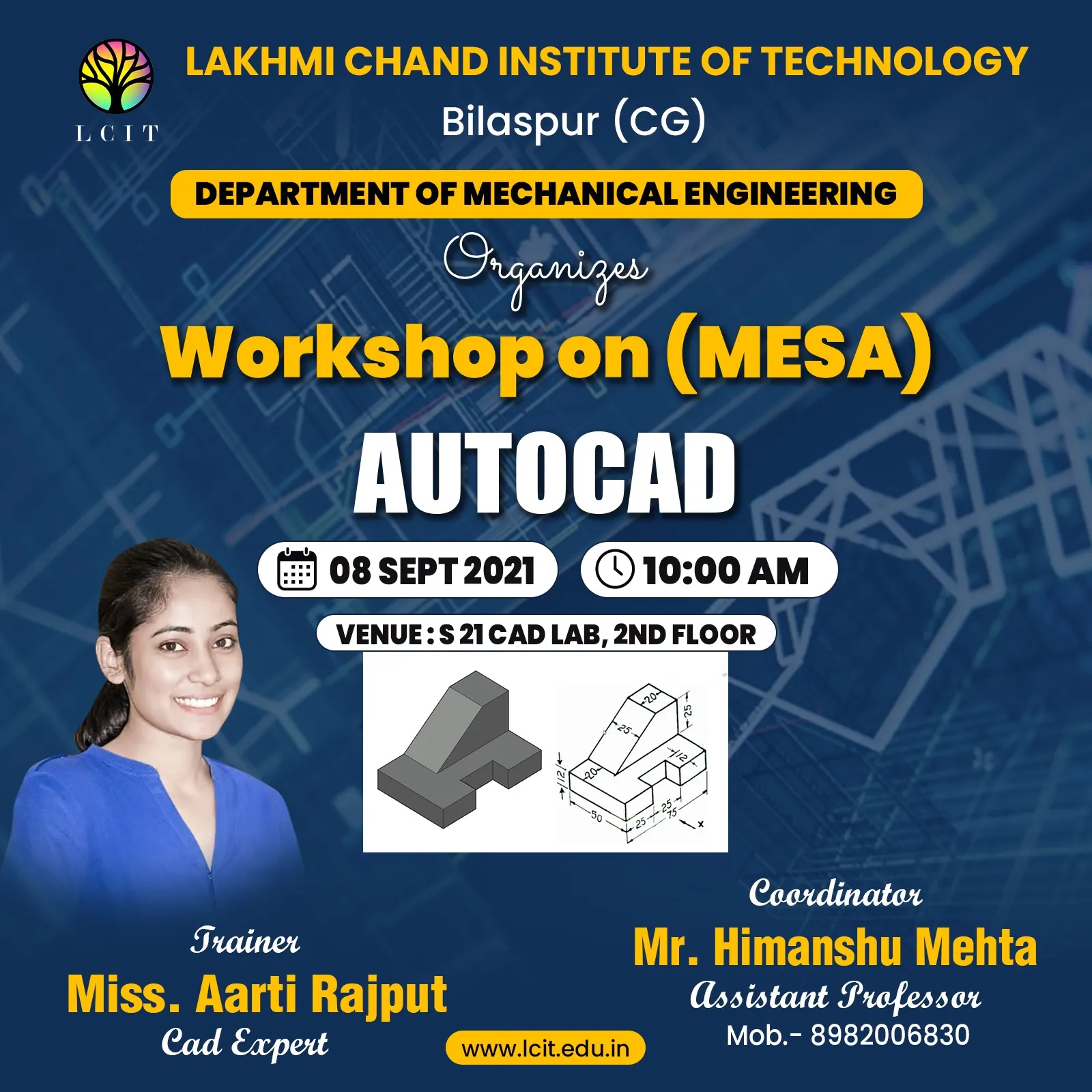
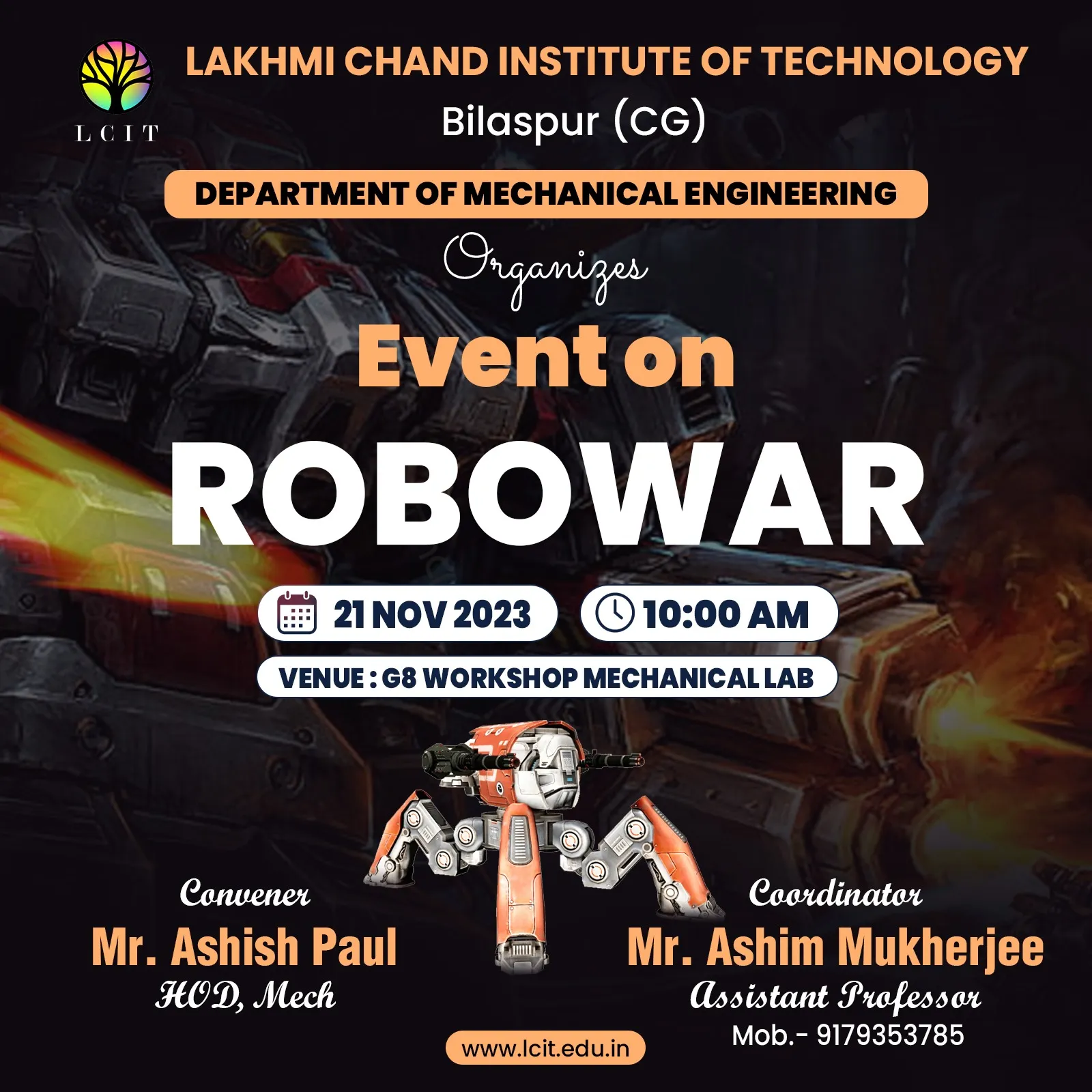
.webp)
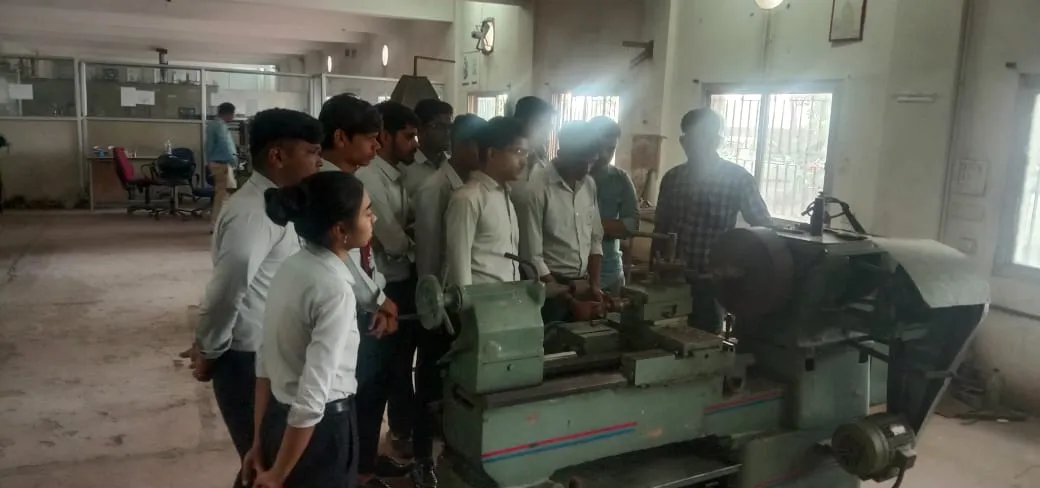
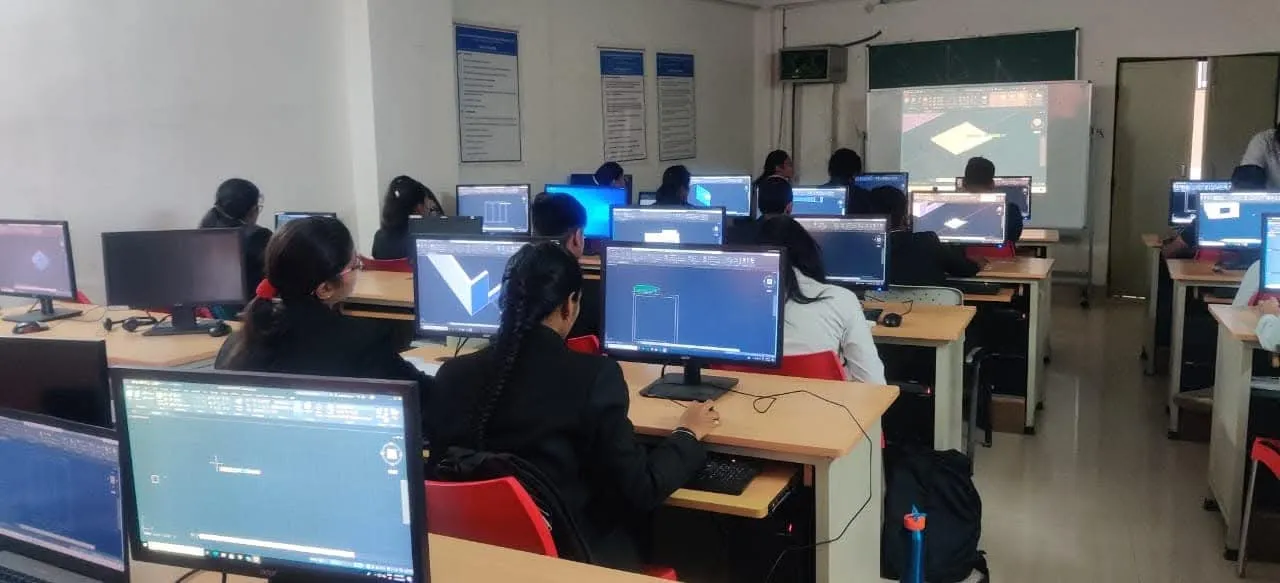
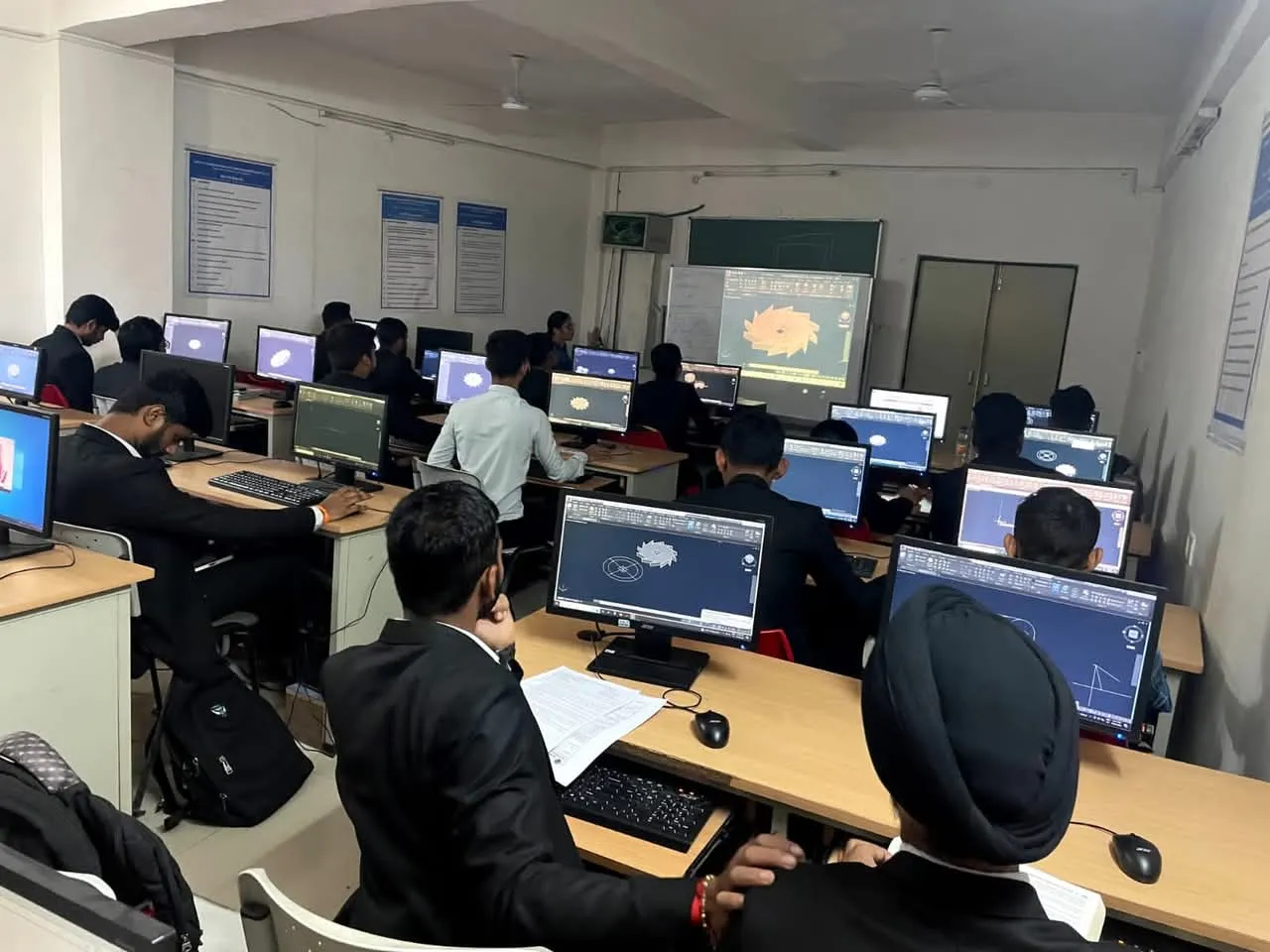
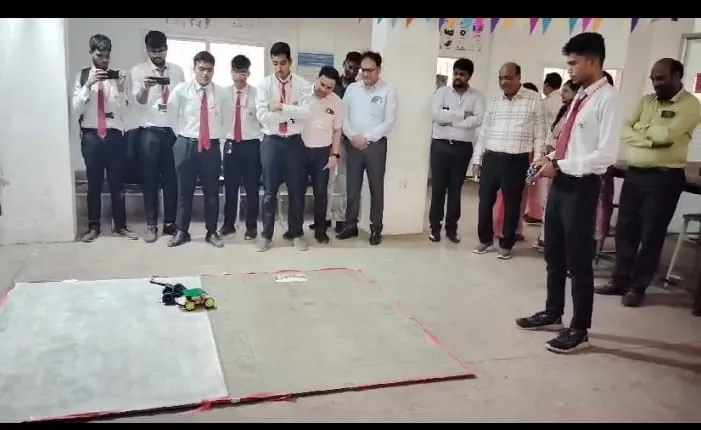
.webp)
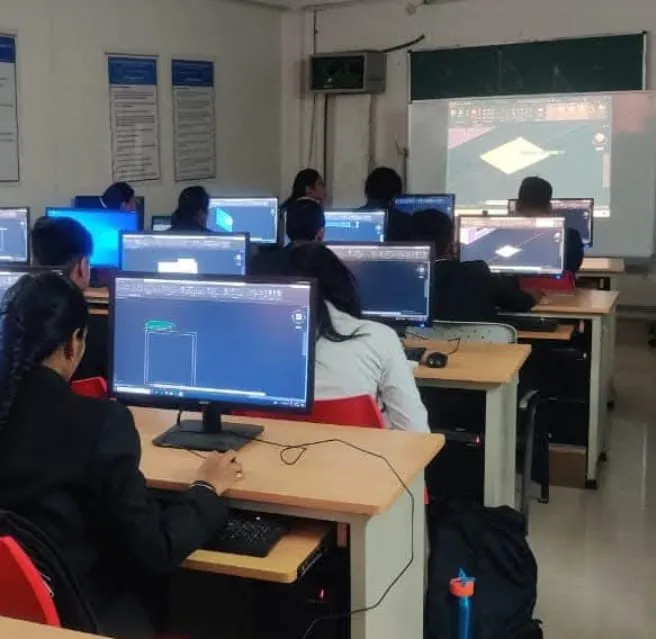
.webp)
.webp)




